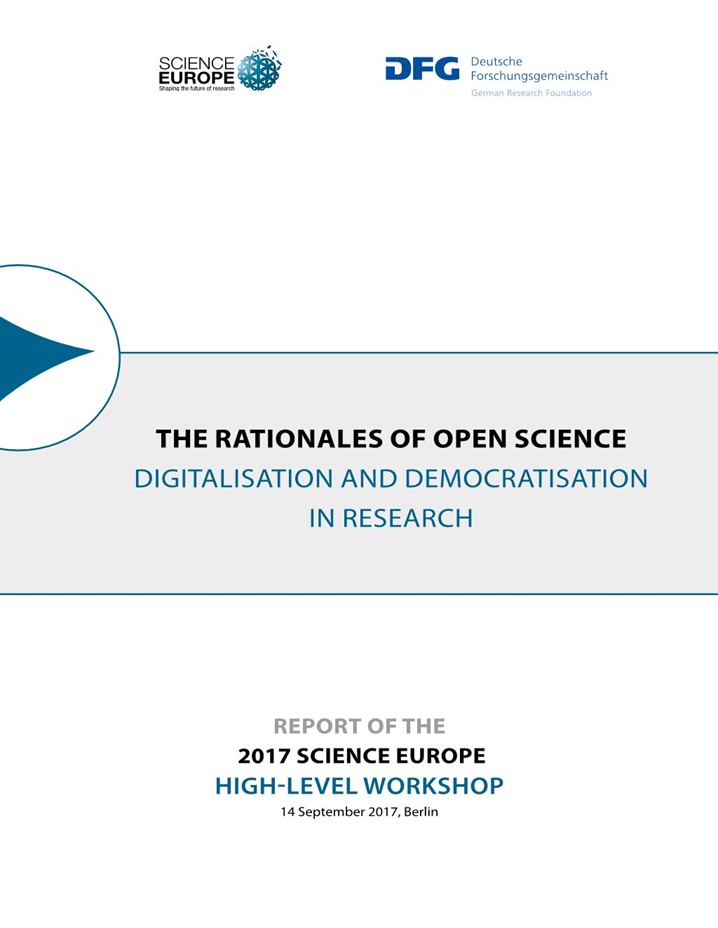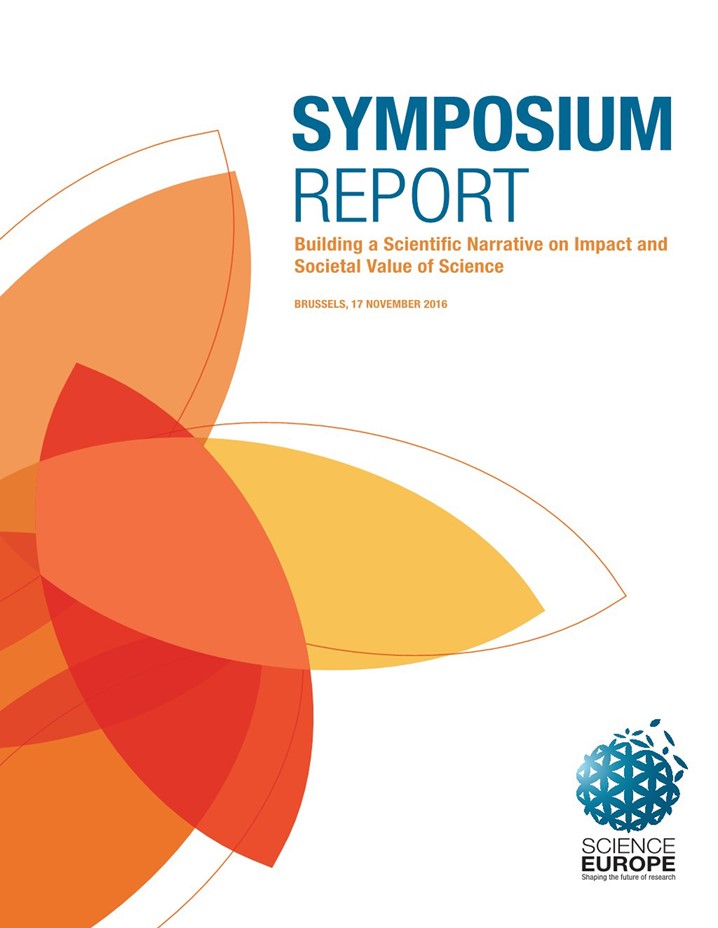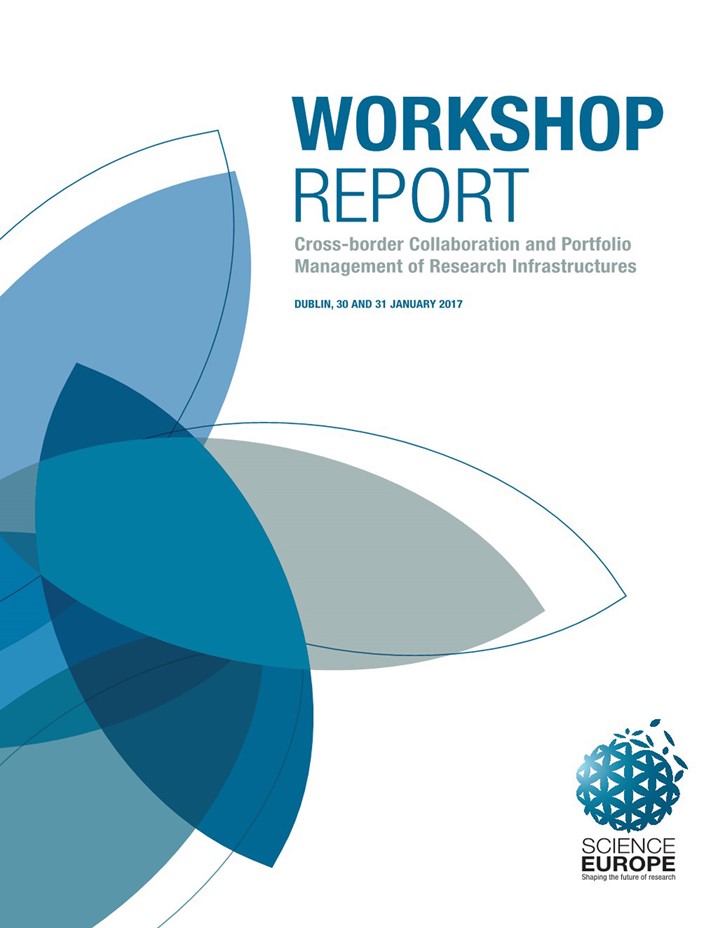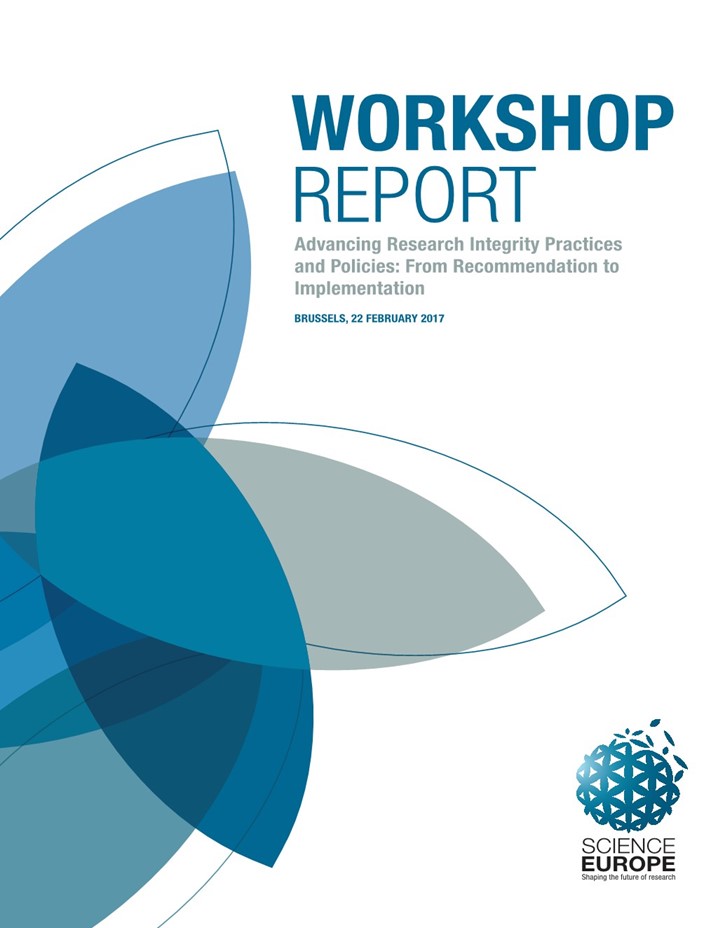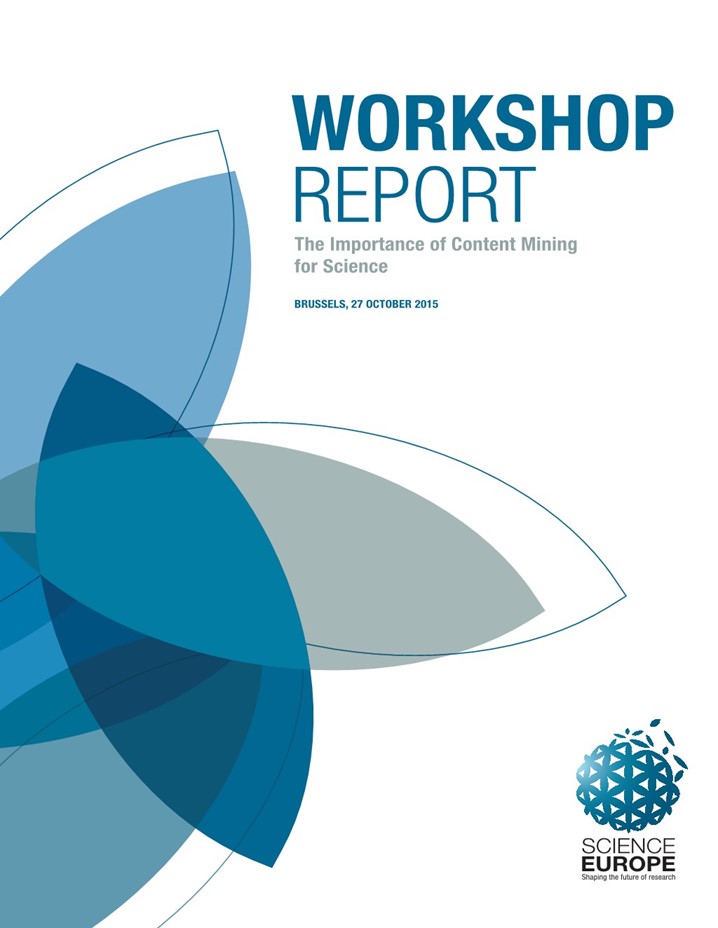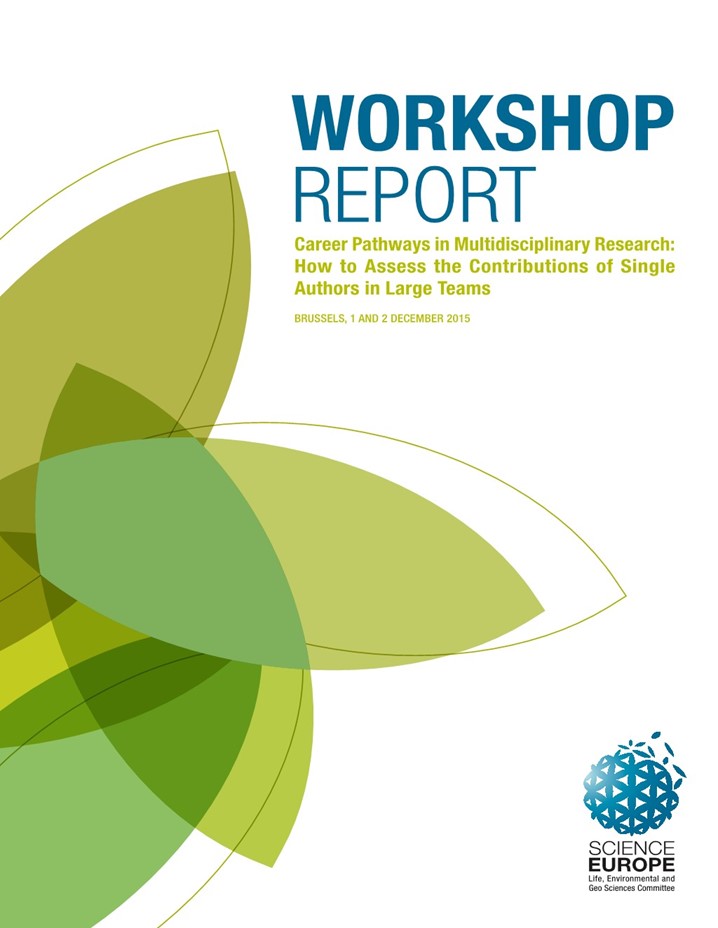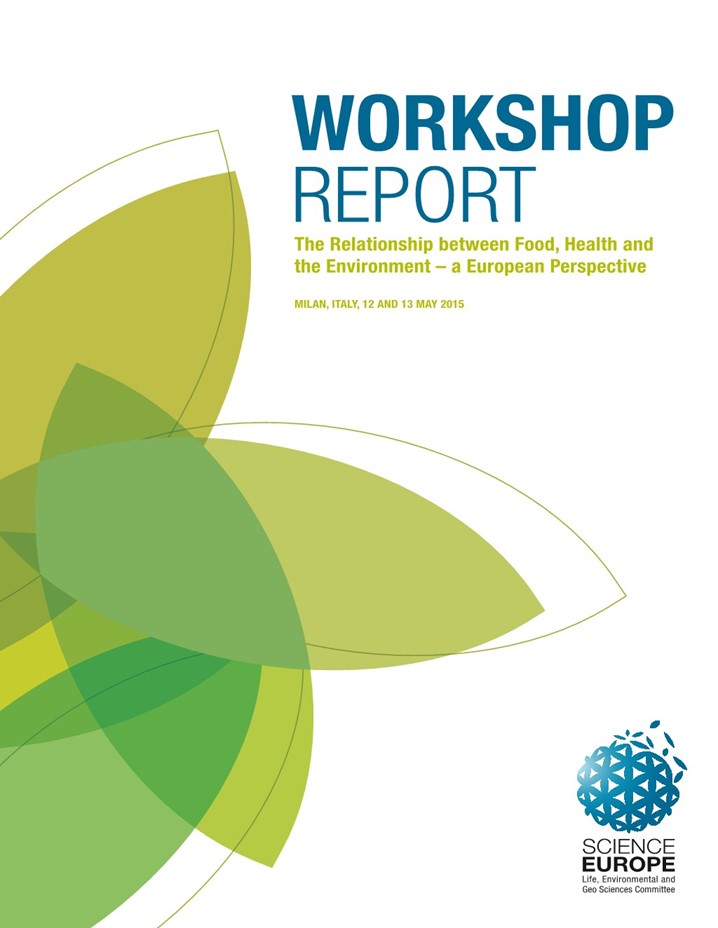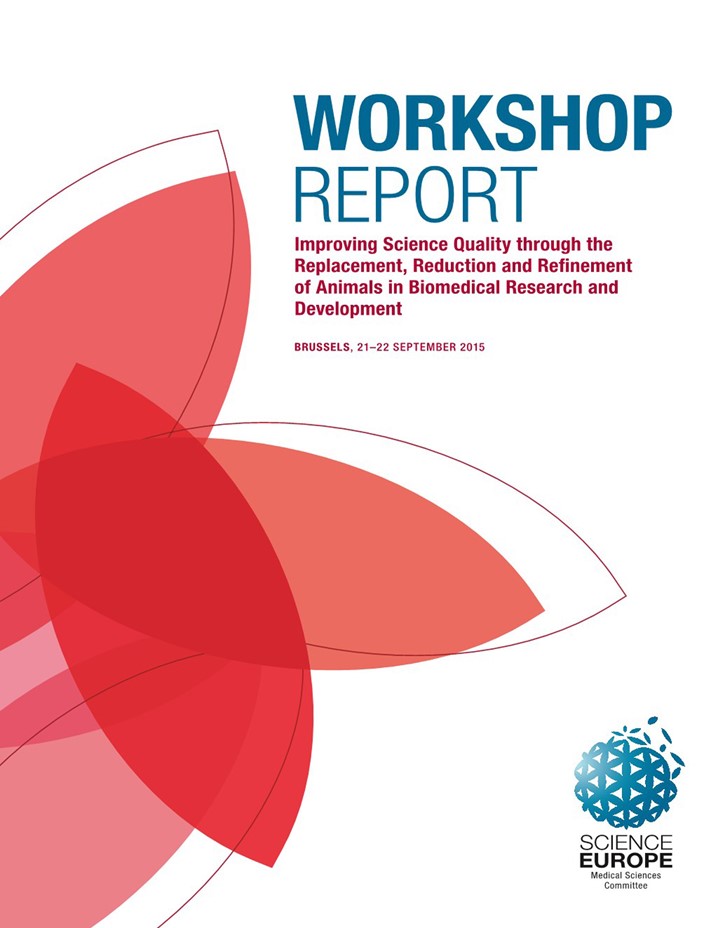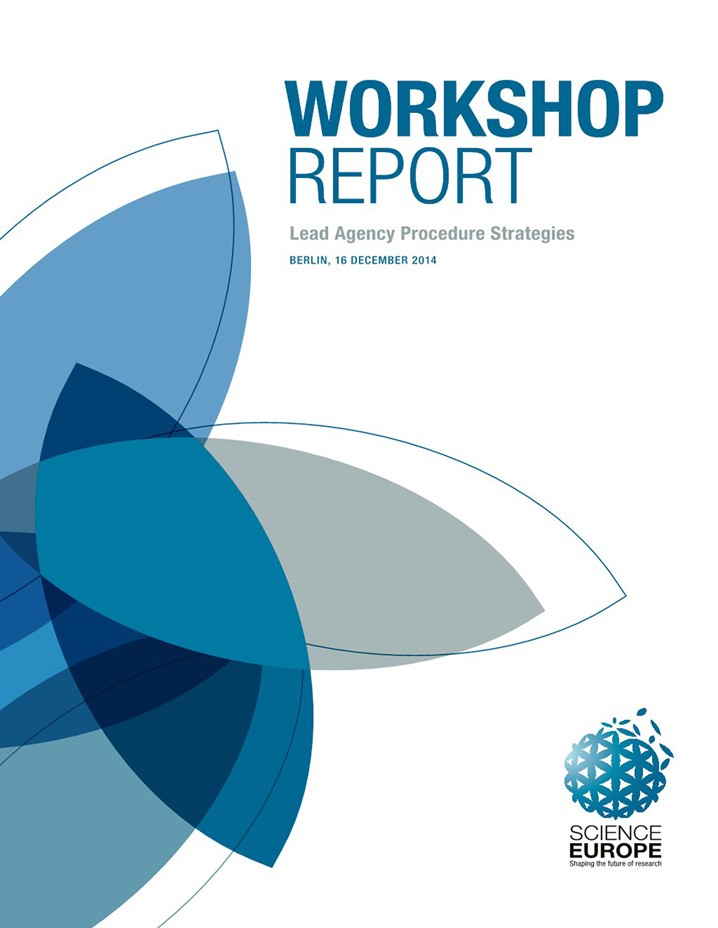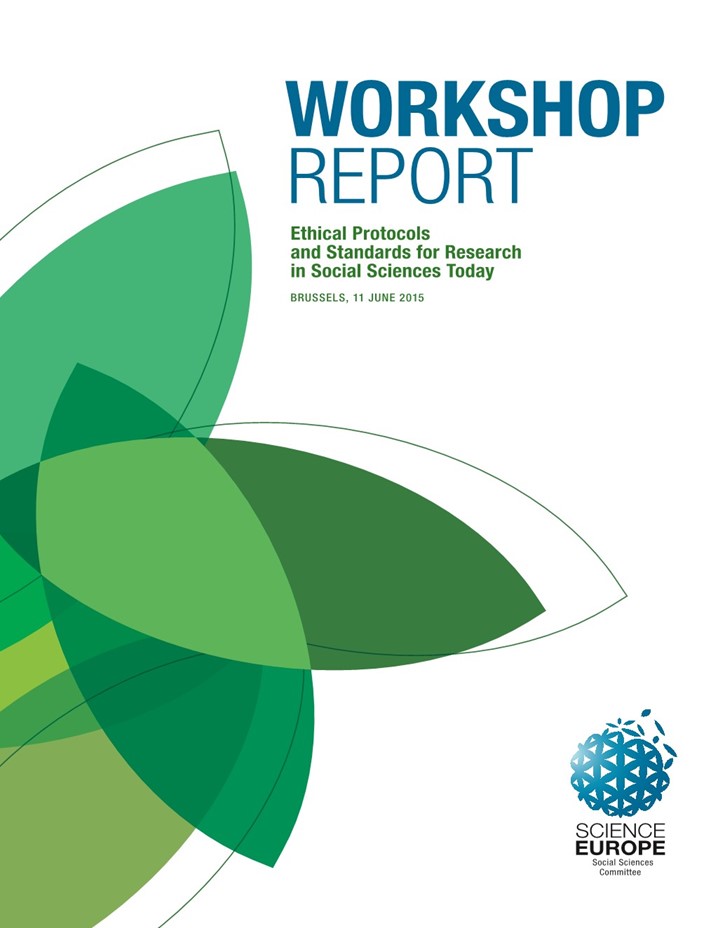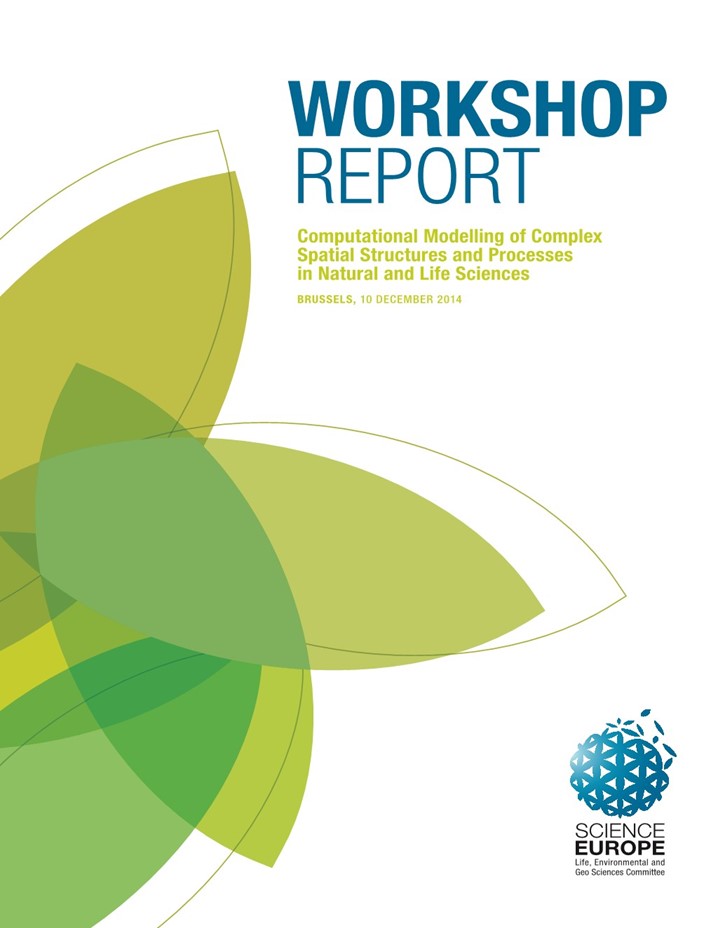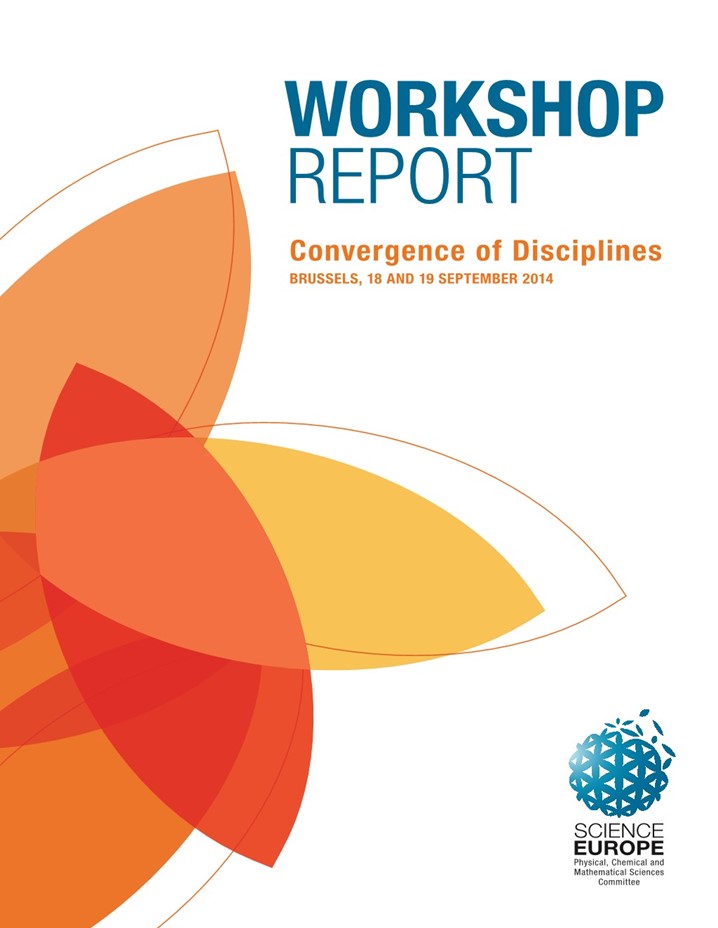Member-only content is available on this page. Please log in to view this content.

Our resources
Discover Science Europe’s comprehensive library of resources, including the most recent publications, briefings, and position statements.
38 resource(s) found
The Rationales of Open Science: Digitalisation and Democratisation in Research
How can citizens best be involved in the scientific process, and how ‘Open’ can we make science? How do we ensure that the highest standards in scientific research are maintained in such a system? This report provides an overview of the main discussions at the 2017 Science Europe High-level Workshop hosted in Berlin by the German Research Foundation (DFG).
Building a Scientific Narrative on Impact and Societal Value of Science
Fundamental science and curiosity-driven research are key drivers of change for their intrinsic value and long-term unexpected impact. However, many other aspects are also important such as challenge oriented research and co-creation of knowledge. This report captures key discussions from Science Europe’s first Symposium on impact and includes four case studies illustrating the unexpected impact of research on subjects ranging from privacy to nano-encapsulation.
Cross-border Collaboration and Portfolio Management of Research Infrastructures
This report explores the challenges facing research funding and performing organisations to design and manage balanced Research Infrastructure (RI) portfolios and design effective cross-border collaborations when setting up and running joint RIs. Discussions with a broad range of stakeholders took place at a dedicated workshop co-hosted by Science Foundation Ireland and the Health Research Board.
Advancing Research Integrity Practices and Policies: From Recommendation to Implementation
This workshop aimed to advance implementation of the recommendations published in Science Europe’s Survey Report ‘Research Integrity Practices in Science Europe Member Organisations.’ The workshop explored the challenges in taking forward certain recommendations through the discussion of case studies presented by organisations that have already tackled some of the more difficult issues.
The Importance of Content Mining for Science
Text and data mining (TDM) is hugely important for science as it can facilitate better research and the free flow of knowledge across borders. This report urges policy-makers to update the legal framework in the context of the upcoming EU copyright reform in order to allow TDM for commercial and non-commercial means, and also to clarify the legal position surrounding it.
Career Pathways in Multidisciplinary Research: How to Assess the Contributions of Individual Members of Large Teams
Scientific research increasingly relies on large collaborative, multi-disciplinary, and interdisciplinary research teams – often working across borders and across sectors – to address big societal questions. This report considers how research organisations can best support collaborative, multi-disciplinary, and interdisciplinary research teams. It also considers how can they allocate appropriate credit for research input and better evaluate multidisciplinary research.
The Relationship between Food, Health and the Environment – a European Perspective
The Science Europe Life, Environmental and Geo Sciences Scientific Committee organised a workshop on ‘The Relationship between Food, Health and the Environment’ in Milan on 12 and 13 May 2015. Representatives from the Science Europe Member Organisations and external experts attended, and the multi-faceted and complex relationship between food, health and the environment was explored.
The challenges for each of these fields individually are numerous and varied. A major aim of this workshop was to identify relevant links between them and to recommend common strategies for Europe to address the future challenges of food and food-related health research, from the perspective of the life sciences.
Improving Science Quality through the Replacement, Reduction and Refinement of Animals in Biomedical Research and Development
The 3Rs (Replacement, Reduction, and Refinement) of animals in research is a key topic for all researchers. This paper covers topics such as barriers and misconceptions that impede implementation of the 3Rs, tools to support the better design of experiments, and examples of how new technological and scientific approaches may contribute to the 3Rs.
Lead Agency Procedure Strategies
This report analyses the underlying preconditions and efficiency of Lead Agency Procedure (LAP), based on the evidence available from the many LAP partnerships among Science Europe’s members. It also contains policy recommendations for research organisations so that they gain a more accurate understanding of the Lead Agency principles and are made more able to judge on its scope and limitations.
Workshop on Ethical Protocols and Standards for Research in Social Sciences Today
Research in the social sciences regularly faces its own ethical issues, yet it lacks an equivalent codification of approaches that are tailored to its disciplines, as well as sufficient infrastructures at the institutional level to assess proposals. The importance and value of ethics in social sciences research are not yet universally embraced, creating divergence in approaches and resourcing between countries, institutions and disciplines. Furthermore, social sciences research is undergoing a period of rapid change. There is increasing participation in multidisciplinary projects, while changes in technology are creating new challenges for social sciences researchers, which need to be addressed. The social sciences urgently need ethical protocols that can function effectively across disciplines and can adapt to advances in research methodologies and strategies.
Workshop report: Computational Modelling of Complex Spatial Structures and Processes in Natural and Life Sciences
In recent years scientific research has changed markedly. High throughput technologies have resulted in the generation and accumulation of unprecedented quantities of data, which can be collected, analysed and interpreted through advances in computational science. This, in turn, has led to rapid progress in the development of computational models that can represent natural phenomena across the range of scales, from the level of atoms and molecules to the structure and evolution of galaxies. Such models allow researchers to test and develop new ideas; they can provide new insights into the behaviour of systems under different conditions that would be difficult to test directly through experiment, and they can be used to predict how a system will react to changing circumstances. With computer modelling becoming an increasingly important tool for researchers, the Science Europe Scientific Committee for Life, Environmental and Geo Sciences organised a workshop to explore how different scientific disciplines use computational modelling and simulations of complex structures in space and time.
How to Transform Big Data into Better Health: Envisioning a Health Big Data Ecosystem for Advancing Biomedical Research and Improving Health Outcomes in Europe
This report – which consolidates the outcomes of a two day workshop co-hosted with the Italian National Institute for Nuclear Physics (INFN) in November 2015 – identifies and acknowledges the challenges in transforming big data into better health and makes a number of key recommendations.
Workshop report: Convergence of Disciplines
This workshop was convened by the Science Europe Scientific Committee for Physical, Chemical, and Mathematical Sciences to explore issues surrounding the concept of ‘convergence’ and its potential relevance to, and implications for, research funding organisations and research performing organisations in Europe. The aim of this exploratory workshop was to provide a forum for debate and discussion, rather than to arrive at specific conclusions or formulate policy recommendations. The workshop, attended by some 45 delegates, took the following format: four keynote speakers with expertise relevant to the topic of convergence gave presentations, followed by three short interventions. Delegates were then split into three groups which sat in parallel to explore the areas of governance, tools and infrastructures, and training and careers. Again this was followed by an open discussion.

